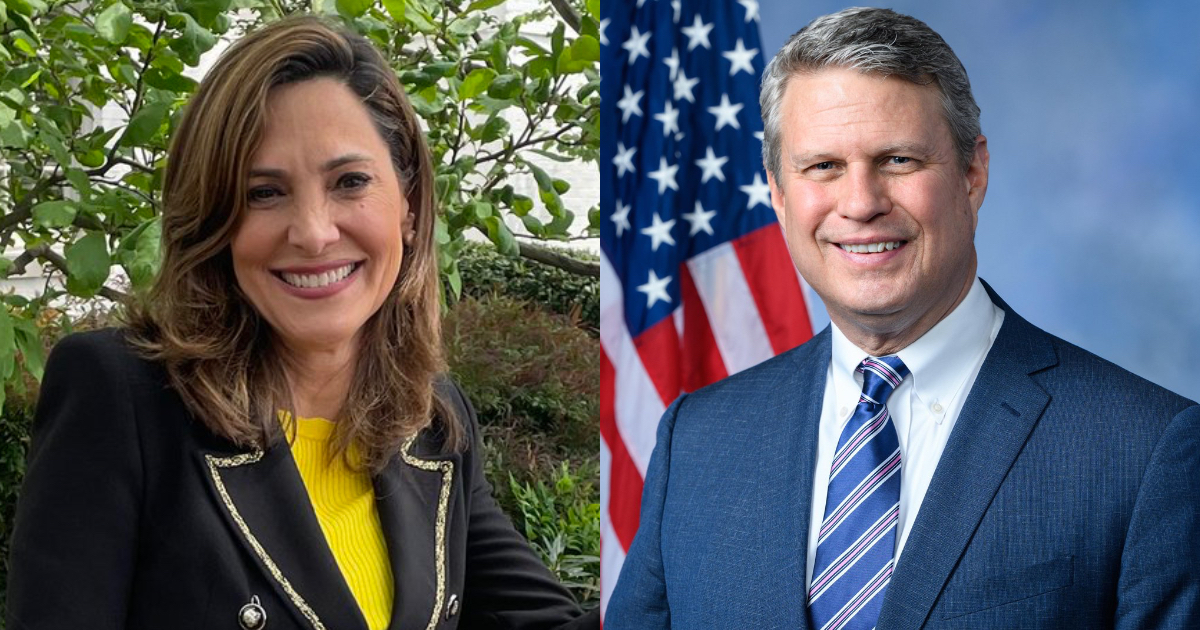Republican Representatives María Elvira Salazar and Bill Huizenga have penned a letter to Secretary of State Antony Blinken and Treasury Secretary Janet Yellen, raising concerns that the Biden Administration is moving towards re-engaging with the Cuban dictatorship. The letter, also signed by fellow party members Blaine Luetkemeyer and Carlos A. Giménez, criticizes the U.S. Government for exploiting a "legal loophole" to fund small and medium-sized enterprises (Mipymes) which are likely linked to the totalitarian regime.
The four Republicans have expressed disapproval over the Biden Administration's numerous steps to resume relations with the regime, despite Cuba's long history of national security threats and its alliances with "adversary" nations such as Iran, China, and Russia. They are particularly alarmed by a September 2023 report suggesting new measures to channel U.S. funding to Cuban entrepreneurs, ignoring the strict control maintained by the regime over civil society, making it nearly impossible to start a private business in Cuba without state interference.
They highlighted that during the so-called "bankarization" process, the regime banned Cuban companies from cash transactions and withdrawing money from ATMs. While acknowledging this as a tool used by the Cuban Government to control inflation, it also allows for the monitoring of all transactions. Thus, the lawmakers question whether this path suggested by the Biden Administration might grant Díaz-Canel access to the U.S. financial system.
The letter also queries what actions the Department of the Treasury is taking to enforce regulations set by the Office of Foreign Assets Control (OFAC) against the Cuban dictatorship, considering existing sanctions that block payments to Cuba via U.S. banks.
Furthermore, the congresspersons noted that the Russian National Payment Card System (NSPK) has introduced MIR cards in Cuba. Given that NSPK's director and chairman, Vladimir Komlev, is sanctioned by OFAC for supporting the war in Ukraine, they question how it can be ensured that U.S. dollars do not end up in a Russian bank.
In summary, the four signatories argue that Biden's intentions to facilitate financing to small Cuban businesses are based on a "fallacy" and do not reflect reality. They insist that any attempt to reduce or circumvent the current embargo against Cuba violates U.S. law and benefits foreign adversaries, Russia and China, "who are closely aligned with Cuba".
